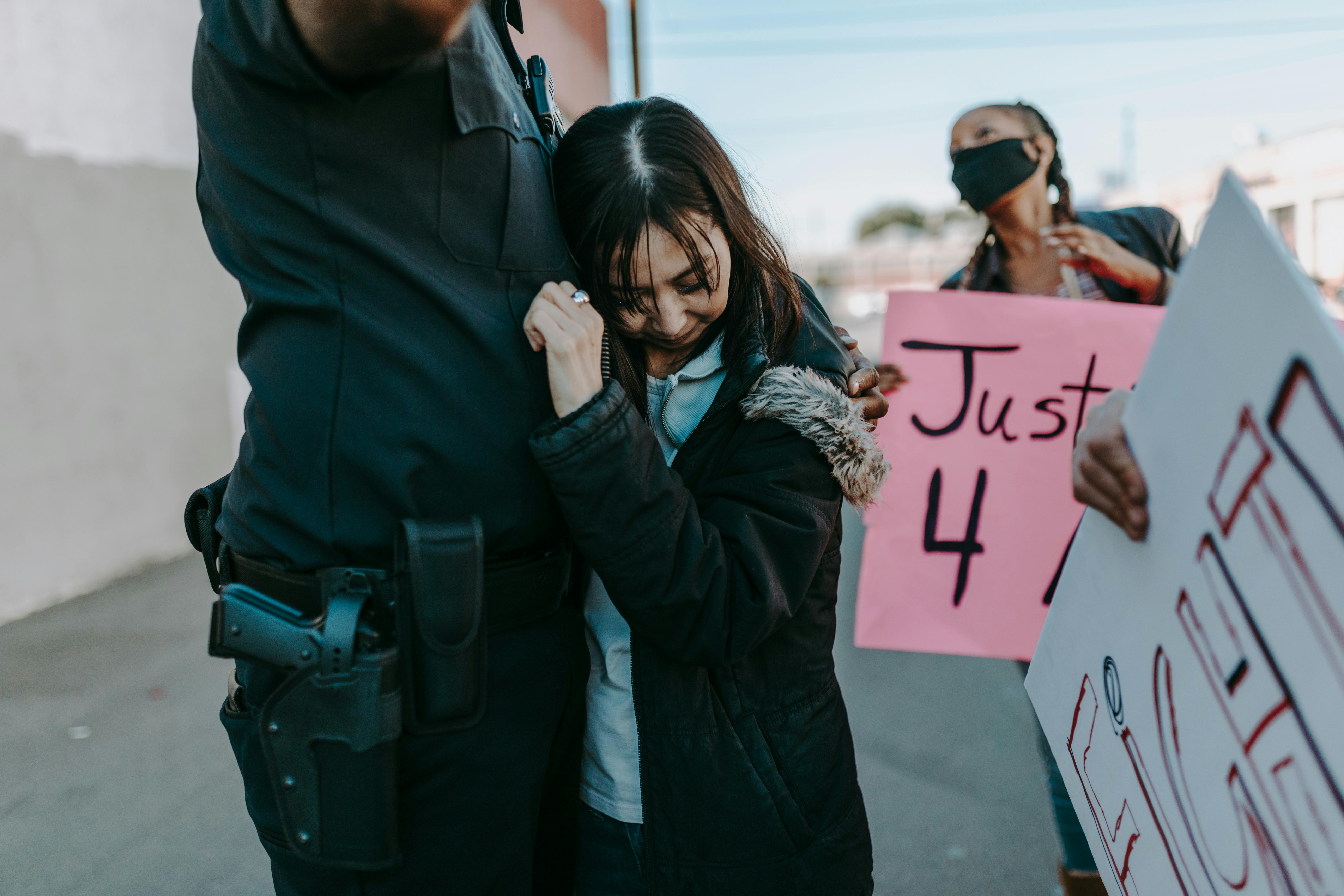
We have more in common than what divides us
“We are more united and we have much more in common with each other than the things that divide us.”
These words were spoken by British MP Jo Cox in her inaugural speech to Parliament in 2015. A year later she was assassinated and her words went viral.
From the other end of the spectrum, consider the delusional and divisive remarks of the US President on the night of the 2020 presidential election that shattered the US electoral system in the eyes of the world.
We currently live in difficult times in which:
-
Experts are denigrated and ignorance, bias and prejudice are celebrated;
-
Intelligent discussion and agreement to disagree and respect for other shades of opinion are denied in today’s culture of cancellation;
-
The public debate is hijacked and controlled by groupthink and the mafia government.
-
Waking thinking takes precedence over reasoned debate;
-
Virtue takes precedence over private philanthropy.
And yet, most of the time, under most circumstances, people are the same.
# More in common and the narcissism of minor differences
So why is there so much antipathy and hostility between people who in many ways are quite similar?
We seem to take our common humanity for granted and instead obsess over subtle divergences in culture, character, and views as if they were the end of the world.
Freud called this phenomenon “the narcissism of the slight difference. “
He argued, long before we understood what cognitive biases were, that the little differences between us are magnified in our minds and therefore drowned out our similarities.
According to Freud, the reason for this is the desire for a different identity. Therefore, if we can identify and magnify small points of difference, these become differentiators.
Therefore, the more we realize how much we have in common with other people, the ego resists the feeling that we are not so special after all.
To protect our sense of self and keep this dissonance at bay, the ego constantly seeks to build and reinforce its identity by artificially inflating the meaning of these small differences.
Add social media to the mix and the narcissism of the slight difference is subject to a major multiplier effect. So since our minds are programmed by our egos to belittle similarities and amplify small differences, the Internet gives us endless smaller differences to detect and react to.
# The similarities between groups of people are great and important
I recently read important research that, unlike most studies that focus on differences, took a very large data set and calculated the similarities between populations.
The study took a large international survey of 86,272 people and classified them by age, gender, education, nationality, education, and religion.
The survey asked them all the questions to measure their values around 22 different themes (trust in science, the importance of education, morality, etc.)
The researchers then analyzed the data in every possible way to determine which groups of people around the world are the most similar and different.
In total, they made more than 168,000 comparisons and found that, on average, people’s values were 93.3% the same.
Of all the comparisons, only 0.66% of them produced results in which the populations were more different in their values than similar.
# A personal perspective
My point of view is quite simple:
Why don’t we focus on what we want in a positive way and abandon the negativity bias?
A focus on difference is a focus on negativity and its effect is to divide.
A focus on the common interest is holistic and its effect is to unite
What you focus on grows.
A focus on difference magnifies the division.
A focus on the common interest magnifies unity
So my question to all those who defend any cause or point of view is this: Are you focused on the positive, on what you DO want to happen and therefore on unity?
Or are you focused on the negative, on what you DO NOT want to happen and therefore the division?
Wouldn’t it be wonderful to see the activist group “Black Lives Matter” focusing on what they do want rather than what they don’t want?
So instead of focusing on cases of white police officers misbehaving towards black suspects, they focused on what they do want, which are cases where white police officers act with courtesy and decency towards black suspects. .
Imagine a video that goes viral showing a white police officer behaving in a kind, helpful, and supportive manner towards a black person?
Wouldn’t it be wonderful if the “Me Too” movement celebrated the lives and actions of outstanding male producers who have acted with kindness and decency and shown courteous support for actresses?
Wouldn’t it be wonderful if the main protagonists of the various causes championed by the “awakening” focused on the positive examples of individuals and organizations behaving in line with the causes they champion?
In my opinion, the quickest and most effective way to realize that we have the most in common is to make sure that:
-
Your focus point is positive
-
Your focus point is on uniting people.
More reading and resources on more in common